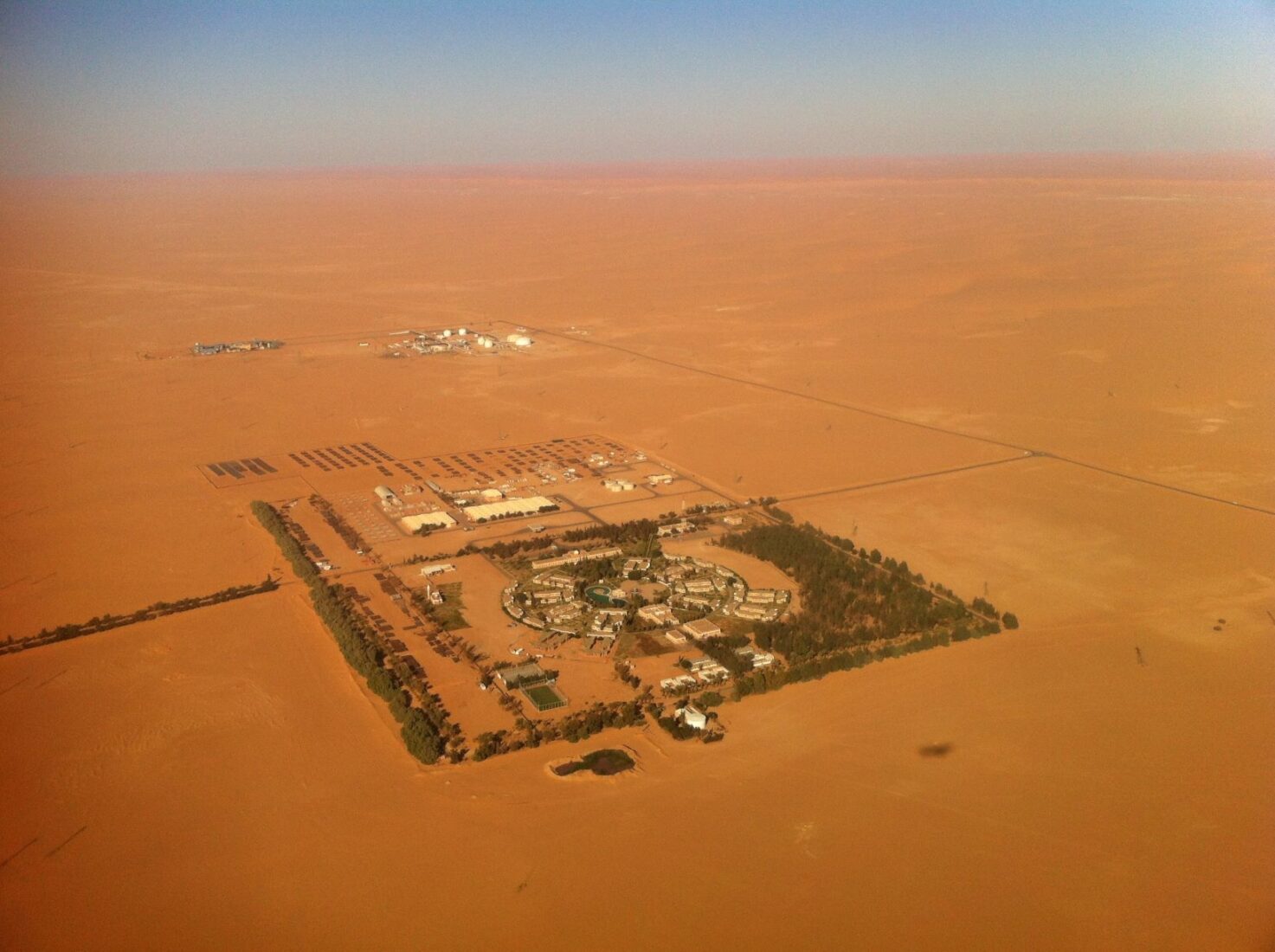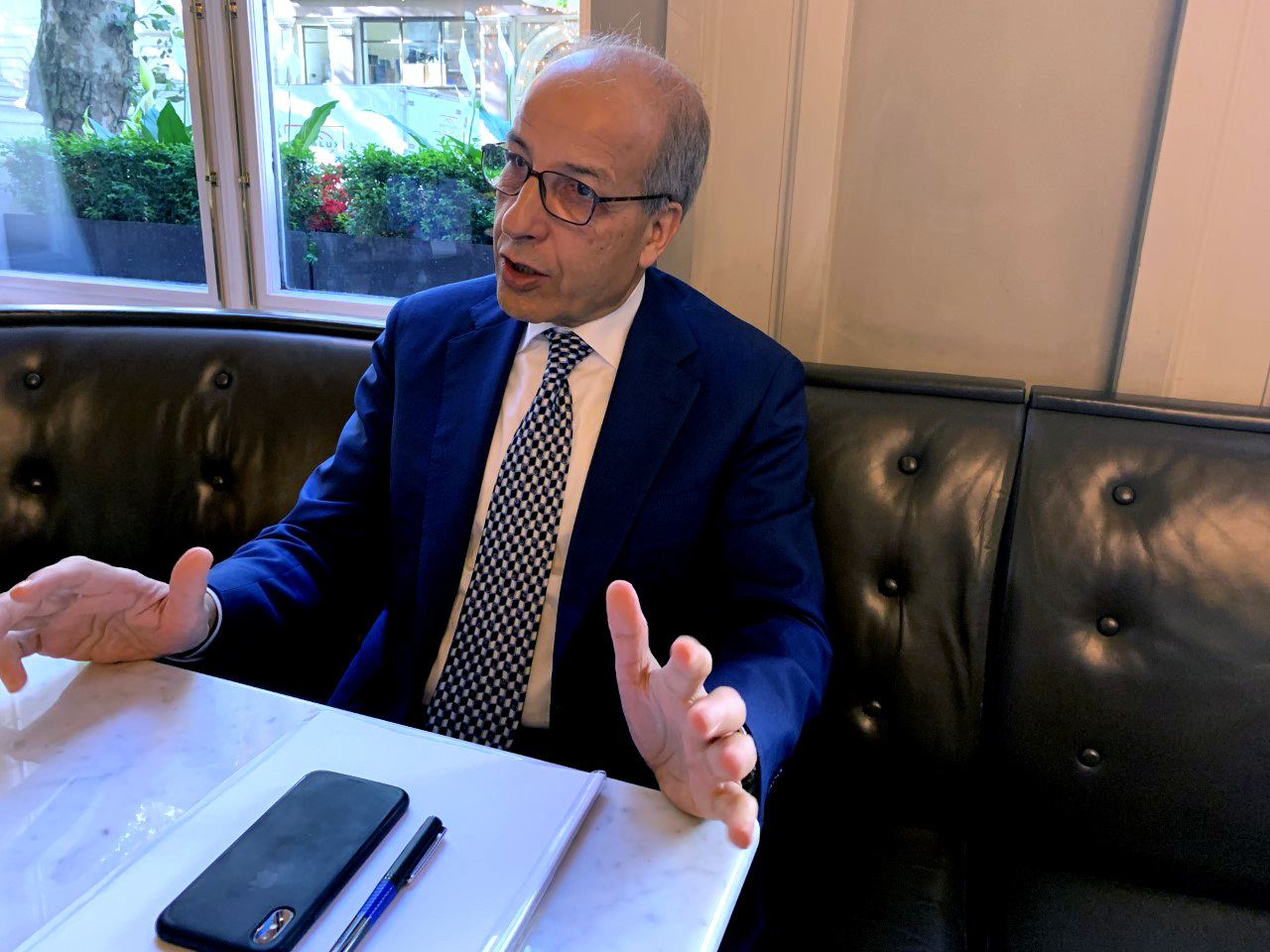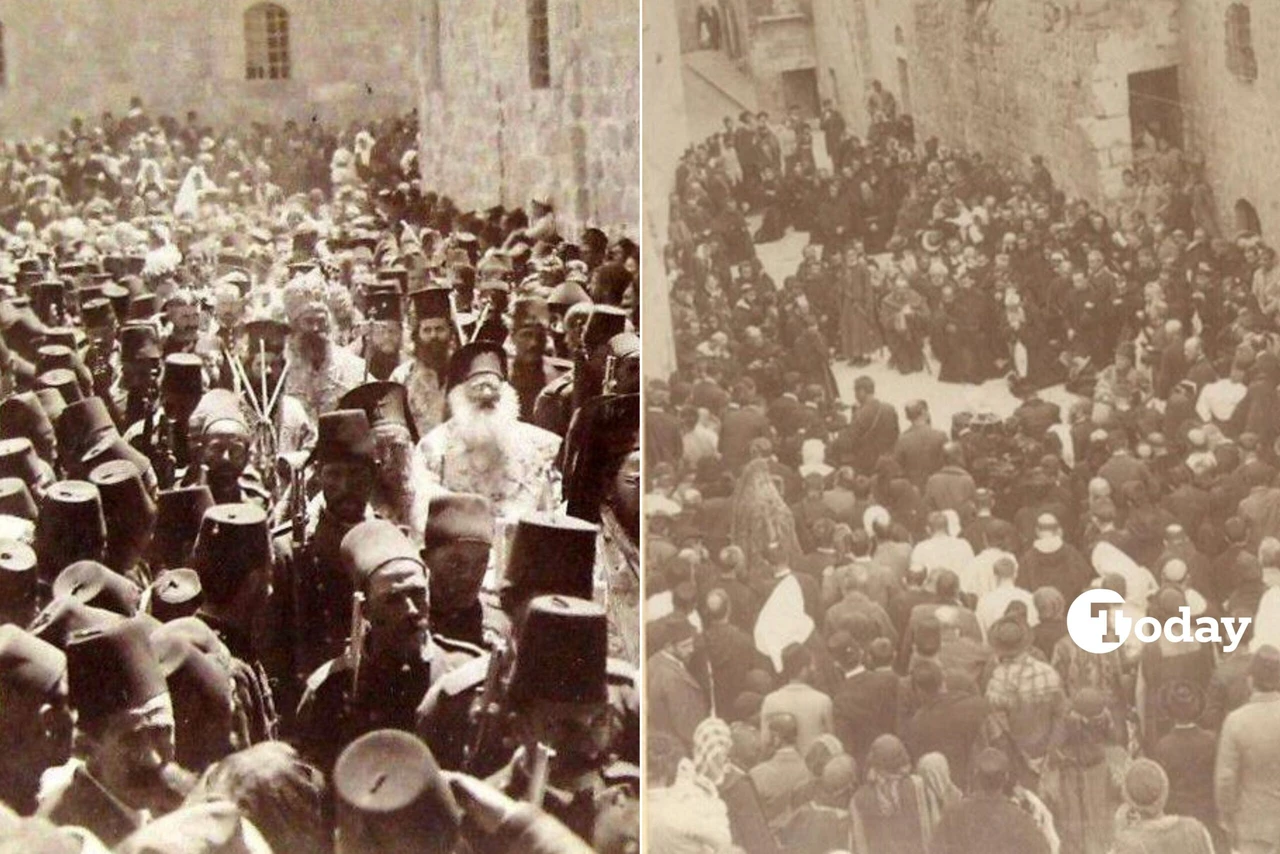Libya’s eastern gov’t reopens oilfields after central bank dispute resolved
 The chimneys of the Total Grandpuits oil refinery are seen just after sunset, southeast of Paris, France, March 1, 2021. (Reuters/Christian Hartmann)
The chimneys of the Total Grandpuits oil refinery are seen just after sunset, southeast of Paris, France, March 1, 2021. (Reuters/Christian Hartmann)
Libya’s eastern-based government announced on Thursday the reopening of oilfields and facilities, ending a crisis that had significantly reduced oil output.
The decision comes after a dispute over the leadership of the Central Bank was resolved, according to two government sources and local media.
Oil production to return to normal
Oil production and exports are expected to return to normal operations following an agreement between rival authorities in Libya’s west and east.
Last month, both sides agreed to appoint a new Central Bank governor, Naji Mohamed Issa Belqasem, Reuters reported. The standoff had led to the closure of oilfields and a sharp reduction in crude exports.

Oilfields reopened after leadership dispute
The eastern government in Benghazi had closed oilfields and halted most crude exports on August 26, protesting the Presidential Council’s decision to replace the long-serving Central Bank governor, Sadiq al-Kabir, with Naji Issa.
The closures resulted in a significant reduction in oil production, with Libya’s National Oil Corporation (NOC) reporting a drop in output by more than half.
However, after meetings between the newly appointed governor, Naji Issa, and the head of the Presidential Council, Mohamed al-Menfi the situation stabilized. Al-Menfi emphasized the importance of the Central Bank focusing solely on its technical role, avoiding political entanglements, and adhering to the board of directors’ legal jurisdiction.

Impact on Libya’s oil production
The oil shutdown had taken a heavy toll on Libya’s crude exports, which dropped to around 460,000 barrels per day (bpd) in September, down from over 1 million bpd in August, according to data from oil analytics firm, Kpler.
The reopening of oilfields is expected to restore production to previous levels, helping stabilize the North African country’s fragile economy.
Libya has been divided into rival governments since 2014, following the NATO-backed uprising that ousted longtime leader Muammar Gaddafi in 2011.



